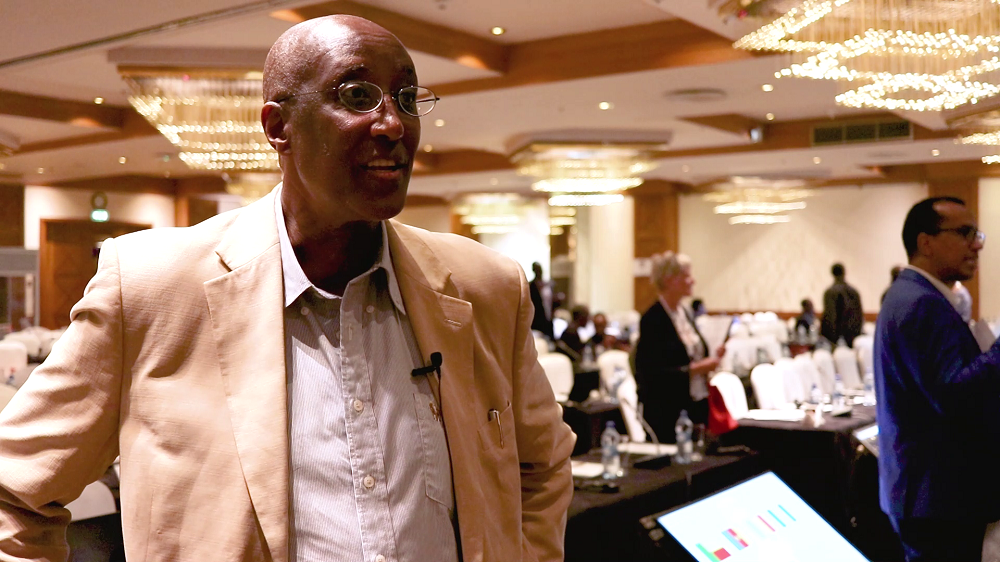African Continental Free Trade Area Agreement creates key role for standards
The African Continental Free Trade Area Agreement (AfCFTA) came into effect on 30 May 2019 after ratification by 22 countries. AfCFTA creates a single continental market as well as a Customs Union with people, goods and service able to move freely. This will be one of the world’s largest free-trade areas in terms of the number of countries, covering more than 1.2 billion people with a combined Gross Domestic Product of more than USD 3.4 trillion. One of the central goals of the AfCFTA is to boost African economies by harmonizing trade liberalization across subregions and at the continental level.

Jean Kamanzi delivered the keynote address at CCAFRICA23
Speaking earlier in September 2019 at the opening of the FAO/WHO Regional Coordinating Committee for Africa, held in Nairobi, Kenya, John Kamanzi, consultant to FAO, WHO and the World Trade Organization, underlined the challenges and opportunities that AfCFTA presented and said only sustained mobilization, “can help secure the massive resources and investments that will be needed by the private and the public sectors to improve food safety, if African countries are to meet the objective of tripling intra-African food trade by 2025”.
AfCFTA is one of the three great things in Africa
Joseah Rotich Ministry of Industry, Trade and Cooperatives, Kenya, said: “one distinct factor that has led to achieving [AfCFTA] is the political goodwill from the highest level, cutting across to the lower structures”. Rotich said that during the launch of the AfCFTA in Kigali, Rwanda, the former President of Nigeria, H.E. Olusegun Obasanjo, listed the Agreement as one of the ‘three great things” that have happened in Africa following independence and the formation of the African Union.
Benoit Gnonlonfin, representing the Economic Community for West African States, said the role of the Regional Economic Blocks following the implementation of the Agreement would be to strengthen coordination and regional leadership in collaboration with the African Union, particularly in the sanitary and phytosanitary (SPS) area. “Our role is also to facilitate, support and coordinate the effective participation of Member States in international standards development processes”, he said.
Role of Codex critical
“The role of Codex is going to be critical and essential because to move and trade food you need to meet certain agreed upon food standards”, said Kamanzi. In Africa there will be a need to agree on those standards, to harmonize them “as standards are very important for trade purposes and for the protection of consumers”. In Africa trade between countries in the region is currently only around 11 percent compared to Europe or Asia where intra-regional trade is 70 and 50 percent respectively according to UNCTAD. “With this Agreement we are hopefully going to see an increase in trade between African countries”.
📽️ | Jean Kamanzi emphasises the important role of #foodstandards and #Codex under the new #AfCFTA
— Codex Alimentarius (@FAOWHOCodex) September 12, 2019
Read the full interview ➡️ https://t.co/JjWCQiLlxz#CCAFRICA23 #ThrowbackThursday pic.twitter.com/3QVuKBilBu
Read more
Jean Kamanzi – keynote address in full
Learn more about AfCTFA from the African Union








